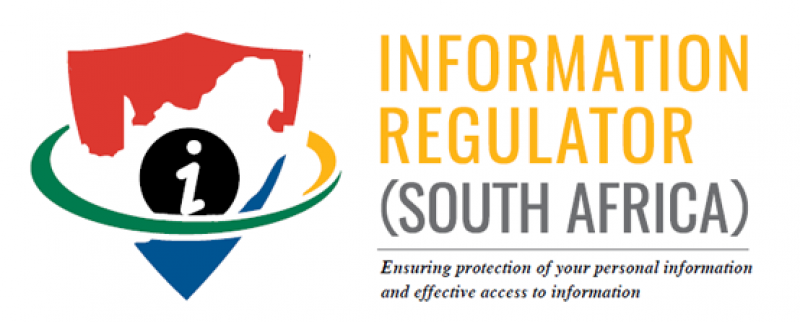CATEGORIES
- (3) Negotiating Tax Debt and Payment Arrangements with SARS
- (2)Account / Profile
- (546)Accounting
- (2)Accounting and Finance
- (28)Audit
- (156)Auditing and Assurance
- (1)Business
- (1)Business Management
- (3)Business Rescue
- (101)CIPC
- (7)Compliance
- (18)Ethics and Professionalism
- (46)Financial Reporting
- (1)Government Funding Applications
- (4)Guides
- (1)Individuals Tax
- (26)Law
- (37)Legal and Compliance
- (2)Management
- (7)Miscellaneous
- (27)Money Laundering
- (1)Personal & Professional Development
- (2)Practice Management
- (2)Professional Ethics
- (3)Public Sector
- (145)Regulatory Compliance and Legislation
- (41)SARS Issues
- (27)Sustainability Reporting
- (37)Tax
- (1)Tax Update
- (9)Technology
- (1)Wills, Estates & Trusts
- Show All
InfoReg’s new prescribed PAIA forms: website compliance for private bodies
- 09 November 2023
- Legal and Compliance
- South African Accounting Academy

Forms 2 and 3 relate to both private and public bodies, while Form 4 applies to public bodies only.
It is recommended that you upload these forms on your website and update your PAIA Manual to include these forms.
Form 2 deals with a requester’s request for access to a record in terms of Regulation 7, and the new Form contains three changes as compared to the old version of the Form. In this regard, the changes are as follows:
-
Requesters can now request in the Form a copy of a record that has been stored on a cloud server;
-
The manners of access to information contained in the Form have been expanded upon to include access by means of cloud share or file transfer to the requester; and
-
The Form provides for a requester to specify how they would like to be informed whether their request has been approved or denied. The option to select postage to the requester’s street address has been deleted and replaced with the option for the requester to be informed by means of electronic communication.
Form 3 is a form that deals with the outcome of the requester’s request and the fees payable in respect thereof.
Form 4 is an internal appeal form for public bodies only, whereby a requester or a third party acting on a requester’s behalf may lodge an internal appeal against a decision regarding the requester’s request for access to information.
The original deadline of 26 October 2023 only afforded private bodies a few weeks to have their websites become compliant.
Click here to download Form 2, Form 3 and Form 4:
-
https://inforegulator.org.za/wp-content/uploads/2020/07/InfoRegSA-PAIA-Form02-Reg7.pdf
-
https://inforegulator.org.za/wp-content/uploads/2020/07/Form-3-PAIA.pdf
- https://inforegulator.org.za/wp-content/uploads/2020/07/InfoRegSA-PAIA-Form04-Reg9.pdf
Relevance to Auditors, Independent Reviewers & Accountants:
-
PAIA is another piece of legislation that your clients must comply with, and which you must assess compliance with. If they don’t comply with the relevant laws and regulations, you have certain reporting obligations in terms of NOCLAR (Non-Compliance with Laws And Regulations) – this could include reporting to management, qualifying your audit opinion, reporting a Reportable Irregularity, etc.
-
As an auditor, accountant and independent reviewer, you need to consider updated information that is published by the Information Regulator (as they are responsible for PAIA in SA) – especially as it relates to operational functionalities, such as the latest forms to use to request access to information.
-
As an employer, you also need to comply with PAIA in your workplace.
Relevance to Your Clients:
-
An entity (company or close corporation) has a duty to comply with PAIA, and directors have to fulfill their duties accordingly, otherwise, they could be held liable.
-
Your clients need to consider updated information that is published by the Information Regulator (as they are responsible for POPIA and PAIA in SA) – especially as it relates to operational functionalities, such as the latest forms to use to request access to information.






